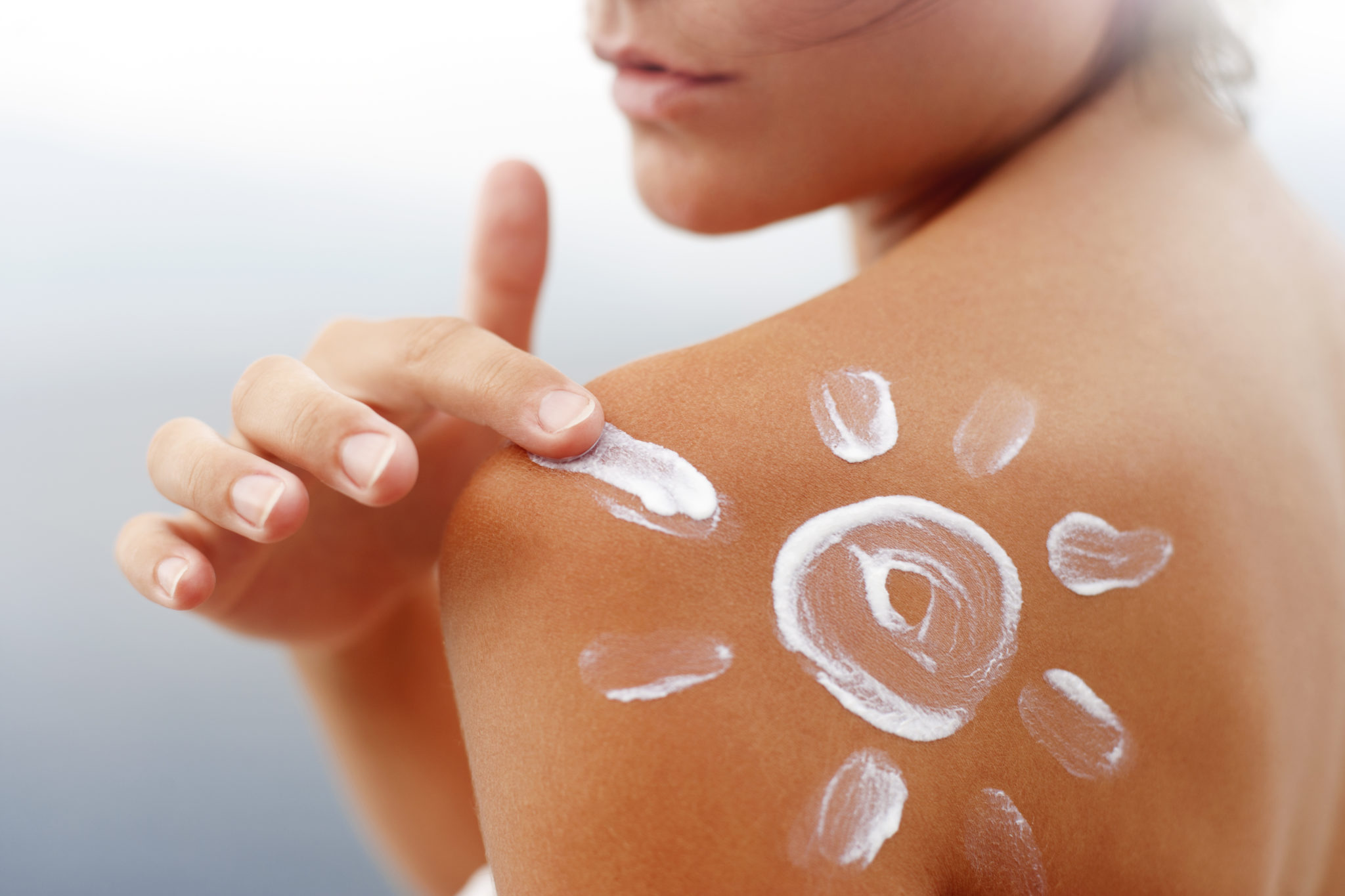How to Protect Your Skin and Enjoy Your Summer
Writer / Dr. Lawrence Mark, Dermatologist at IU Health West Hospital
Photography Provided
According to the Skin Cancer Foundation, one in five Americans will develop skin cancer by age 70. Sun damage accumulates over time, which is why it’s important to understand how to protect your skin, especially during the summer months when more activities are enjoyed outdoors.
Avoid tanning.
According to the American Academy of Dermatology, one indoor tanning session can increase your risk of developing melanoma by 20%, and squamous cell carcinoma by 67%. Both are common types of skin cancer. Sunless tanning products can help you achieve a summer glow without damaging your skin.
Be aware of UV index.
The higher the UV index, the more likely you are to burn out in the sun. During the sun’s peak hours, between 10 a.m. and 4 p.m., the UV index ranges from eight to 10, which is very high. During those peak hours, try to stay in the shade and avoid becoming sunburnt.
Wear protective clothing.
When you can, wear clothing that covers your arms and legs to prevent sun exposure. Protect your head, face, ears and neck by wearing a wide-brim hat. Protect your eyes by wearing sunglasses.
Wear sunscreen.
Even on cloudy days, it’s important to wear sunscreen. Choose a broad-spectrum sunscreen, with an SPF of 30 or higher, that is water resistant. Apply your sunscreen to any area that is exposed to the sun, 15 to 30 minutes before being in the sun. Don’t forget to protect your lips with a lip balm that has an SPF of at least 30. Sunscreen should be reapplied every two hours, especially when swimming or sweating.
Examine your skin.
Skin cancer, when found early, is very treatable. Each month, examine your skin from head to toe, to check for any abnormalities. When performing your self-exam, look for any growths, moles, birthmarks or brown spots that increase in size, color or texture, or are bigger than a pencil eraser. Keep an eye on any sores that continuously itch, hurt, bleed and do not heal within a few weeks.
If something looks unusual to you, contact your dermatologist to schedule an appointment. See a board-certified dermatologist at least once a year for a professional skin cancer screening, to help detect skin cancer early.






